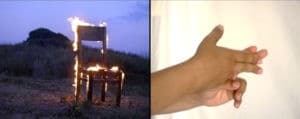
Dafna Shalom, Hamavdil
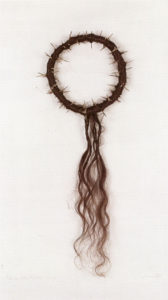
Fatma Abu Roumi, My Mother's Braid
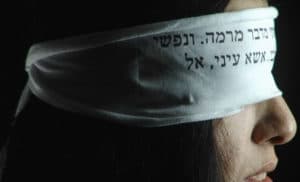
Dafna Shalom, Evening Prayer
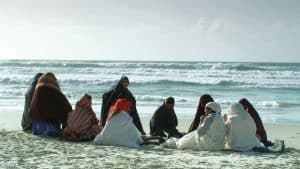
Itzik Badash, Zala
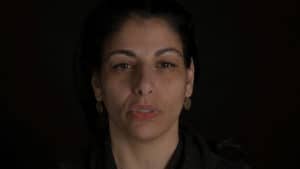
Yael Serlin, Kaddish

Hannan Abu-Hussein, Momentary Freedom
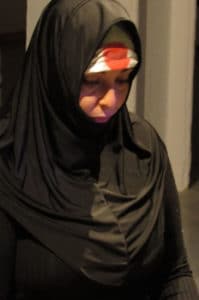
Doris Hakim, Ave Allah

Shula Keshet, Zelophehad's Daughters
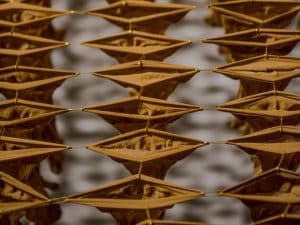
Hannan Abu-Hussein, It's My Body and Doesn’t Belong to Anyone
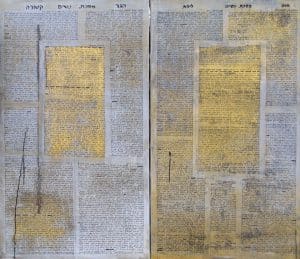
Shula Keshet, Eve-Lilith / Hagar-Ketura
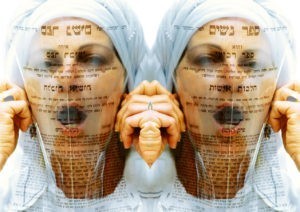
Nechama Golan, Sefer Nashim
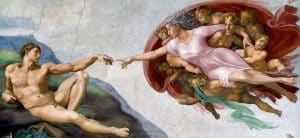
Ruth Schreiber, Untitled (The Female Side of God)
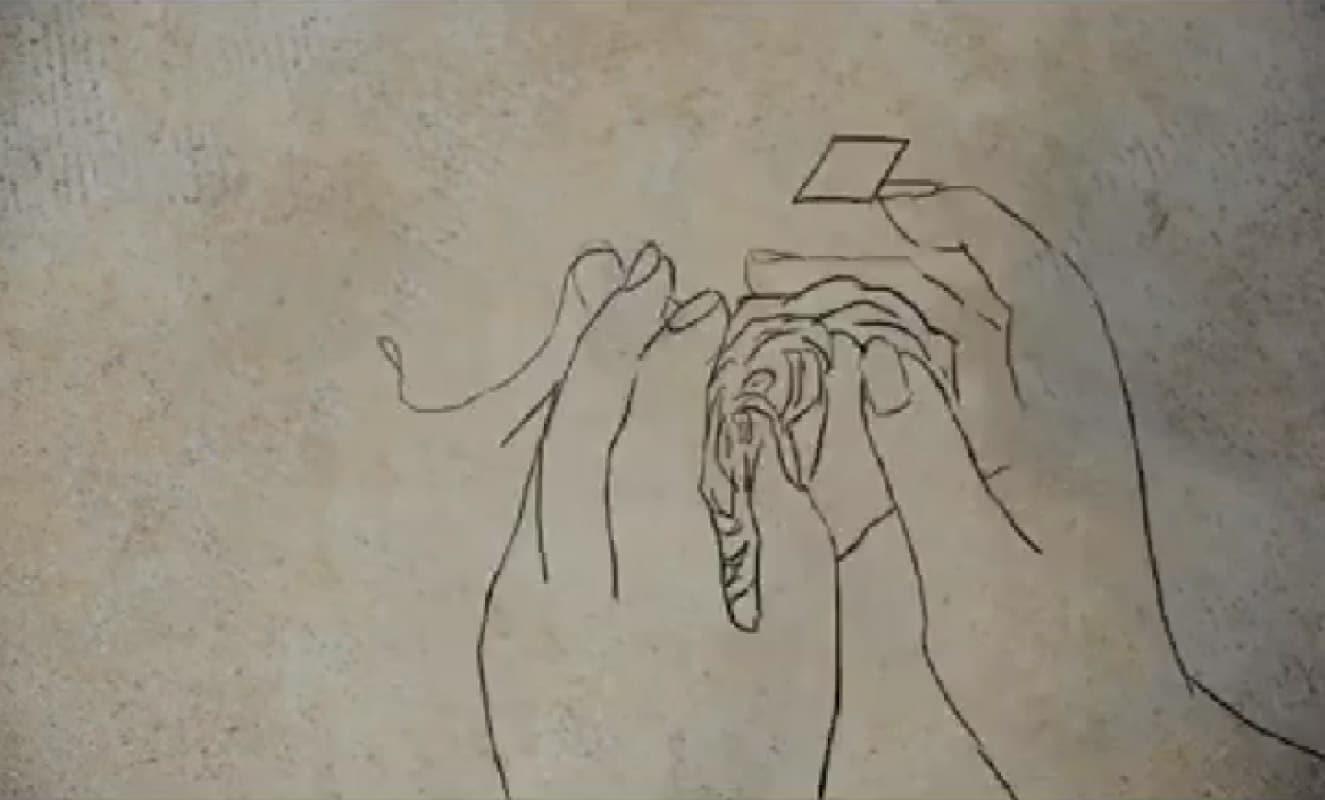
Yara Kassem Mahajena, Circumcision
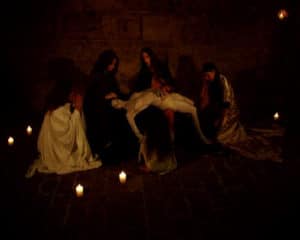
Raida Adon, Rebirth
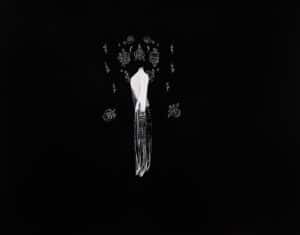
Yael Serlin, Cartography of Lost Signs
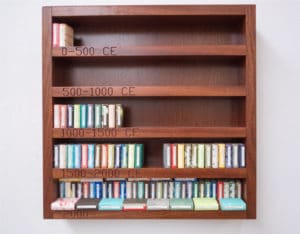
Ruth Schreiber, Progress at last: My Personal Bookcase
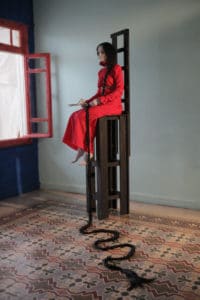
Raida Adon, Body Recalled
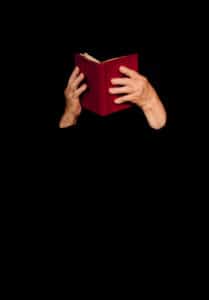
Amira Ziyan, Jamila

Nechama Golan, "You Shall Walk in Virtuous Ways"
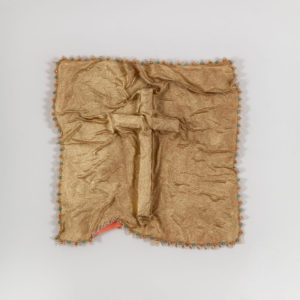
Fatma Abu Roumi, Bridal Kerchief
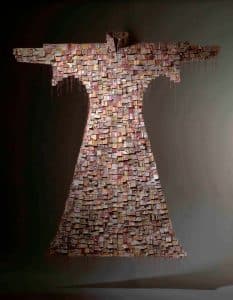
Andi Arnovitz, Coat of the Agunot
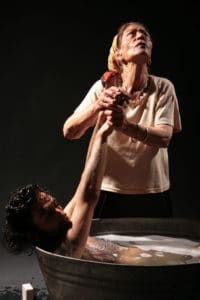
Itzik Badash, Diwani
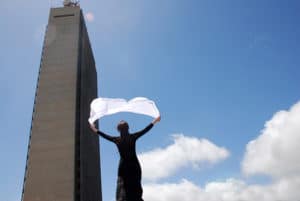
Amira Ziyan, To Touch the Clouds
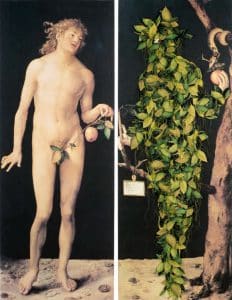
Andi Arnovitz, 504 Years Later
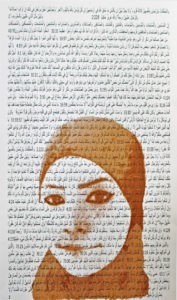
Doris Hakim, Veronica
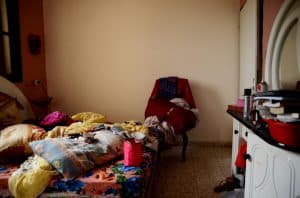
Yara Kassem Mahajena, Untitled

Dafna Shalom, Hamavdil

Fatma Abu Roumi, My Mother's Braid

Yael Serlin, Kaddish

Fatma Abu Roumi, Bridal Kerchief

Dafna Shalom, Evening Prayer

Hannan Abu-Hussein, Momentary Freedom

Nechama Golan, "You Shall Walk in Virtuous Ways"

Ruth Schreiber, Untitled (The Female Side of God)

Shula Keshet, Eve-Lilith / Hagar-Ketura

Nechama Golan, Sefer Nashim (Women's Book)

Andi Arnovitz, 504 Years Later

Shula Keshet, Zelophehad's Daughters

Doris Hakim, Veronica

Doris Hakim, Ave Allah

Itzik Badash, Zala

Hannan Abu-Hussein, It's My Body and Doesn’t Belong to Anyone

Raida Adon, Rebirth
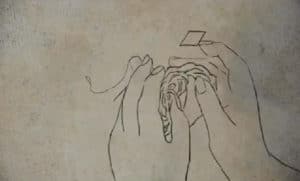
Yara Kassem Mahajena, Circumcision

Ruth Schreiber, Progress at last: My Personal Bookcase

Raida Adon, Body Recalled

Andi Arnovitz, Coat of the Agunot

Amira Ziyan, Jamila

Itzik Badash, Diwani

Yara Kassem Mahajena, Untitled

Yael Serlin, Cartography of Lost Signs

Amira Ziyan, To Touch the Clouds
‘Body Text’ – Curators: Dr. David Sperber and Nurit Jacobs-Yinon
Opening: 31.01.2021
The theologian Mary Daly claimed that “If God is male, then the male is God” and that “the male is God in relation to women”. These statements lead in turn to the claim according to which “God is to man as man is to woman”. Men cover their heads before God as an act of respect and humility whereas women cover their bodies in the presence of men to conceal their sexuality and preserve their modesty. The artists contributing to this exhibition – Muslim, Jewish, Christian, and Druze – create works of defiance and complex inversions that seek to subvert these hierarchies. They criticize the traditions and cultures in which they live and, at the same time, reclaim them for themselves on their own terms. Their endeavor serves as a platform for an ongoing examination of tradition and culture while subverting their regimental structuring and attempting to reshape them. Some of the artists participating in the exhibition direct their work at society and create an explicit and categorical critique against coercive injunctions, laws, and customs. Others address theology and seek to shed light on feminine sides of Divine representations, to reclaim and reread ancient female rituals, and to give voice and visibility to female figures who received a negative or marginal portrayal in patriarchal traditions. Some amalgamate the ‘social’ with the ‘theological’ in their works, frequently by a fusion of sacred texts and the female body. In doing so, they present the body as a source of knowledge and memory, connecting private experience and that of existence among a community. The ‘Body Text’ exhibition seeks to highlight aspects common to feminist artists who create within different cultural and religious realms. Despite their cultural and religious diversity, they are at times perceived as much closer to each other than men and women sharing the same religion or culture. The exhibition presents the voices and faces of the participating artists in the ‘video text’ film clips through which we seek to reveal additional layers of art interpretation, and to emphasize both the similarity and difference between the artworks, the artists, and the diverse worlds in which they operate.
Virtual exhibition as part of the Tager International Conference:
‘Feminism in the Abrahamic Religions’
The online exhibition ‘Body Text’ was curated by Nurit Jacobs-Yinon and Dr. David Sperber, and is presented as part of the Tager International Conference – “Feminism in the Abrahamic Religions, hosted by the Rackman Center operating within the framework of the Faculty of Law of Bar-Ilan University, in conjunction with the Gender Studies Program at Bar-Ilan University and the Center for the Study of Relations between Jews, Christians, and Muslims of the Open University.



